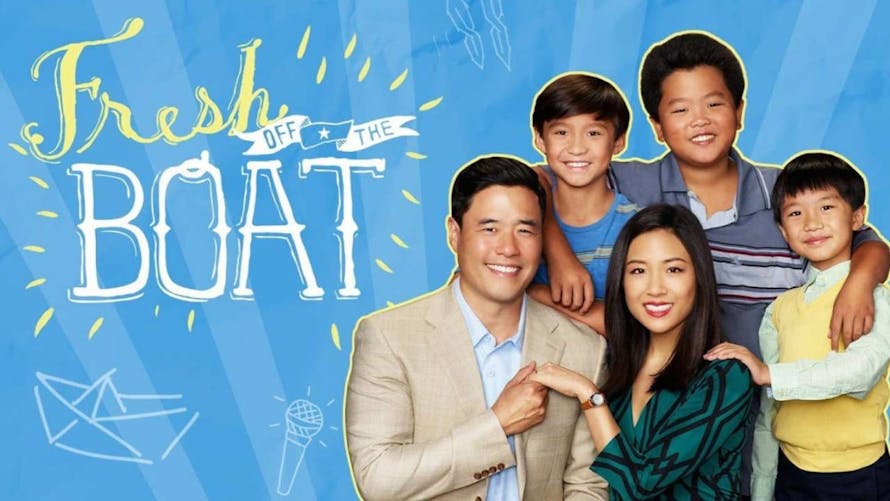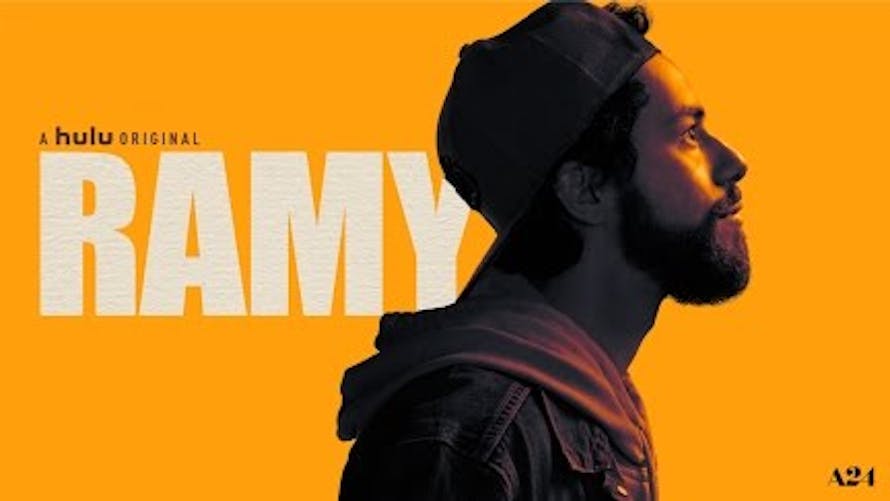Be Specific
Why your truth trumps relatability any day
Last December I came home and excitedly told my dad I won The Moth’s monthly storytelling competition. The Moth is a non-profit group based in New York City dedicated to the art and craft of storytelling. They hold monthly events in 28 cities around the world called StorySLAMs. At each StorySLAM, those who want to tell a story based on that month’s theme will throw their name in a hat and ten will be chosen to tell a five-minute story.
My dad eagerly asked me what my story was about.
“Well it’s about my time living in Vietnam as a Vietnamese-American from Houston and trying to date another Vietnamese-American from Houston in Vietnam, only to find out once I heard him speaking Vietnamese, that our families are both from the same small village outside of Huế, and that we are definitely related.”
My dad looked taken aback, “And people here in America actually related to your story? They actually understood it and found it relevant?”
Now it was my turn to be a bit surprised. A lot of non-Vietnamese people actually approached me after the show to tell me that during my story they knew once I said my potential love interest had a strange and specific accent when speaking Vietnamese that he would be from Huế. And a Vietnamese audience member told me her two cousins were married so the story completely resonated with her.
<<Please let the record show that I have never and will never knowingly date my own cousin.>>
It had never even crossed my mind that my story wouldn’t be relatable. We live in Houston after all, the most diverse city in a country that prides itself on being a home to immigrants from all over the world. Since moving back to Houston last September, I hear Vietnamese almost everywhere I go in the city and I haven’t felt the urge to hide that part of my identity or edit it out of my stories.
But I realize now that my dad grew up in America during a different time period. When he came over in 1975 at the age of 18, he was a part of the first wave of Vietnamese people America had ever encountered. He probably did have to blend in and appear as “American” as possible in order to get along with the majority of his classmates or coworkers.
Today however, we live in a very different time period. The Asian-American stories that stand out are of the storyteller’s very specific experiences which range from a Taiwanese-American DC-implant growing up in the suburbs of Orlando or a Chinese-American thrown into the world of Singaporean old-money.

These high levels of specificity (even though I can’t always relate) is what drove me to almost cry when reading Fresh off the Boat the book, but have very little emotion when watching Fresh off the Boat the network TV show adaptation (because your girl still has to support the culture).
To quote Eddie Huang, the very graphic author of Fresh off the Boat, in his article for New York Magazine:
I began to regret ever selling the book, because Fresh Off the Boat was a very specific narrative about SPECIFIC moments in my life, such as kneeling in a driveway holding buckets of rice overhead or seeing pink nipples for the first time. The network’s approach was to tell a universal, ambiguous, cornstarch story about Asian-Americans resembling moo goo gai pan. But who is that show written for?
We all know that universal demographic doesn’t exist; even at the level of the person, the network’s ideal viewer doesn’t exist, much less know what it wants. This universal market of Jos. A. Bank customers watches cornstarch television and eats at Panda Express because that’s all they’re being offered… In Hollywood, it felt like, we were the town in a valley run by western Michigan…
We couldn’t represent everyone who lived this life, but for the individuals we did represent, I felt a duty to be accurate… We’ve been fixated way too long on universality and the matrix’s pursuit of monoculture. It’s time to embrace difference and speak about it with singularity, idiosyncrasy, and infinite density.

This weekend I started watching the Hulu show Ramy about an Egyptian-American millennial and his family in New Jersey.
“I knew I wanted to make something about Arab Muslims. I try to be as specific as possible when saying ‘Arab Muslims’ because there are a lot of different Muslims. I’ve never really seen stories about us in America,” the show’s creator Ramy Youssef stated in an interview with Entertainment Weekly. “I never wanted the expectation that this represents all Muslims,” he says. “That, by nature, is offensive. I [named] it Ramy because it’s my point of view. That’s really all the show claims to cover.”
Even though I am not a Muslim man, I found myself relating to the show in a way I haven’t felt for a long time. Of course there’s the broader theme of balancing your family’s tradition with the culture of the country you grew up in, but there are these other smaller moments that only someone who’s experienced them could have written.
For example, Ramy visits Egypt in the last two episodes. His parents insist that he brings over boxes of BENGAY Ultra Strength as gifts to his family in Egypt and he rolls his eyes at the thought of anyone enjoying such a mundane and ubiquitous gift. But sure enough, his uncle loves his BENGAY. I have the exact same argument with my mom every time when it comes to bringing Ensure to my grandpa in Vietnam. And sure enough, my Grandpa loves his Ensure.
There’s another scene in Egypt where Ramy listens incredulously as his uncles talk about what a great leader Trump is, despite his anti-Muslim stance. In an interview with GQ, Ramy Youssef recounts, “It's so funny that that happened. It's a real element that I don't think anybody really understands.” I am so glad Ramy put in elements of his life that he didn’t think a wider audience would understand, because it was a scene that I actually completely related to and it made the show more real. I’ve heard of so many people in Vietnam, and heck, even the older Vietnamese generation in America, being enamored by Trump despite his anti-refugees stance.
And last, but not least, Ramy also crushes on someone in Egypt, only to find out later she’s his cousin. She’s his first cousin though, so that makes me feel better.
Unfortunately, trying to stay relatable to everyone and appeal to a universal demographic is something I see brands doing all the time. When asked who their target audience is, I’ve worked with soft drink companies in the past who will say something along the lines of “males and females ages 16 to 54 who are low-to-high income and want to feel refreshed after a long day.” So… you want to create a brand to appeal to almost everyone with a mouth. It’s extremely hard to build a resonant or meaningful brand for someone who is trying to please to everyone.
I understand the desire to not want to alienate any potential customers and therefore leave any potential money on the table, but when you try to appeal to everyone, you more often than not, appeal to no one.


And that’s part of the beauty of OkCupid’s recent ad campaigns. They’re highly specific. I am in no way a bear, but I get the appeal and the humor of the campaign. It sure beats the dating profiles I see of guys who are into “traveling and eating food.”
And so, whether you’re doing it for your next novel, silver screen adaptation, marketing campaign, or storytelling competition, don’t be afraid to dive into the specifics and to possibly alienate a lot of people, because when you’re being true to yourself, there’s nothing more universally understood and appreciated than that.